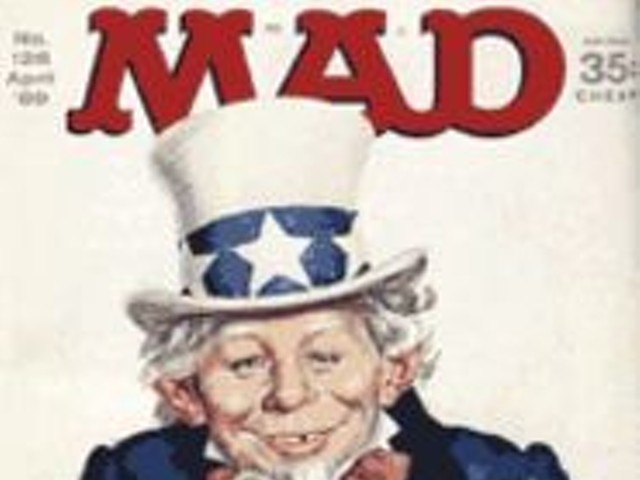The play is an elegy not only for a marriage but for an era. Leight obviously loves the jazz world he grew up in and the camaraderie of the musicians, who "lived to blow." Gregg describes the play as a collage, and, as in a collage, if the individual pieces are not quite right, the whole will be lacking. There are some nice scenes in the show, but too many moments are glossed over, too many corners of the scenes left unexplored. And there are odd choices: When the musicians reverently listen to what's supposed to be a rare homemade recording of their hero, trumpeter Clifford Brown, the music comes cleanly through the house speakers rather than through their cassette player. At least for this reviewer, it brought a magical moment clunking down to earth.
Leight gives the parents a wonderful musical introduction, but the actors don't take it anywhere. There's no flirtation or chemistry between these two, and it's hard to see why Gene falls for Terry, much less stays with her. Terry says it's Gene's playing that won her, but we see little fondness from her toward Gene or her son. Even mothers like Terry give their codependent children intermittent reinforcement, but she doesn't toss him even a bone of affection.
Gene is called "Turtle" because he takes so long packing up after a gig, but it also describes the emotional shell he's gone into. Although it's difficult to play a character who's withdrawn, DeBoy could at least let us glimpse what's going on inside Gene, even if it's only listening to the music in his own head. As it is, the other characters can only react to him, not interact, and, boy, does Schultz react. By the second act, her unmodulated performance has upset the balance of the play. Her shrieking isn't a cry for love or attention, it's just shrieking, and it's no wonder Gene has become so passive.
All this nonconnecting makes for a rather cold evening. There are some lighter moments: Randall Newsome, Scott Schafer and, especially, H. Louis Sumrall provide relief as Gene's fellow musicians, and Joey Collins gives an appealing and heart-wrenching performance as Clifford. I suspect there are more dynamics to be mined in Leight's script, and warmth as well; after all, we have to possess something before we can feel its loss. The Rep's production says there was nothing there, ever, between Gene and Terry, and Clifford is left with nothing but the music. Although Clifford is indeed an emotional orphan, this interpretation is perhaps too hard on his parents. After all, music itself is ephemeral, but it's very real while it's being experienced. The same goes for love, no matter how badly it might turn out.





